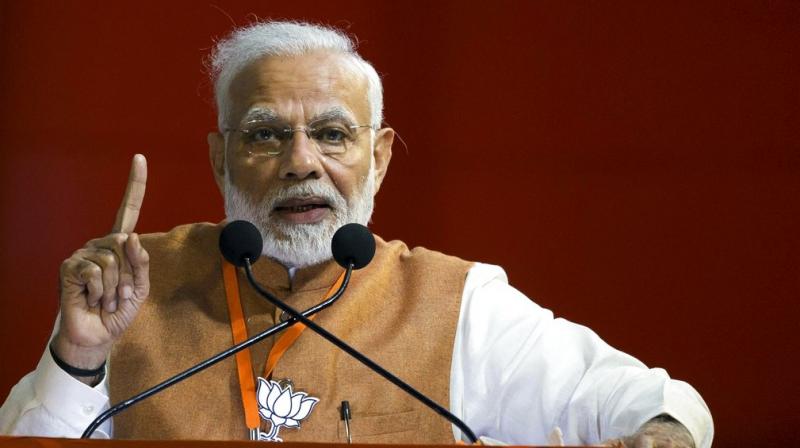Chabahar attack: India needs to be alert
India has reacted strongly against the attack and expressed its solidarity with Iran.

With the Thursday terrorist attack outside the police station at Chabahar in south-eastern Iran, where India is strategically engaged with the construction of a port in a venture that has a vacuum-filling crucial dimension in relations with Iran as well as Afghanistan, chances are that the role of Pakistan-based terrorists will once again be brought under scrutiny.
There is a long history of Sunni outfits from Pakistan being active in the border areas of Shia Iran. Some of these are thought to be funded by certain Arab countries, which harbour a historical and civilisational animosity toward Iran. However, the passive role of Islamabad in checking these outfits has even made Tehran issue warnings that it might be obliged to do so itself (presumably by giving chase across the boundary) if Pakistan prefers to remain a quiet spectator. In the present case, however, hitting the port town does raise the worry that Pakistani terrorists have acted because there is a strong Indian interest in Chabahar.
Two people were killed in the attack and several sustained injuries. If investigations do not turn up results early, and the terrorists in question believe they can get away with targeting Chabahar relatively easily, bolder attacks may be attempted, taking direct aim at the terminals being built by India. To that extent, the Thursday strike may be construed to be an exercise to probe the defences.
India has reacted strongly against the attack and expressed its solidarity with Iran. The record is clear that Pakistani terrorists strike all the countries with which Pakistan has a land border — India, Afghanistan and Iran — with the exception of China, Islamabad’s “all-weather friend”. It will be in the fitness of things that these three countries coordinate their expertise to deal with the menace.
As India’s stakes at Chabahar rise, and it deepens its involvement with the North-South Transport Corridor that links the Iranian rail network to European systems, Pakistani groups may be expected to get more involved with hitting Indian interests inside Iran, just as they seek to do in Afghanistan.
Prime Minister Narendra Modi’s Cabinet on Thursday discussed the situation arising from the construction of the China-Pakistan Economic Corridor that passes through Gilgit-Baltistan, which is Indian territory illegally occupied by Pakistan. So far New Delhi has only expressed its dissatisfaction about this to Beijing and Islamabad.
The Cabinet discussion may be intended to convey that New Delhi may be mulling options to deal with the issue. In sections of Pakistan too there is concern about the CPEC. Can this be leveraged even as India considers ways to defend its engagement at Chabahar?

